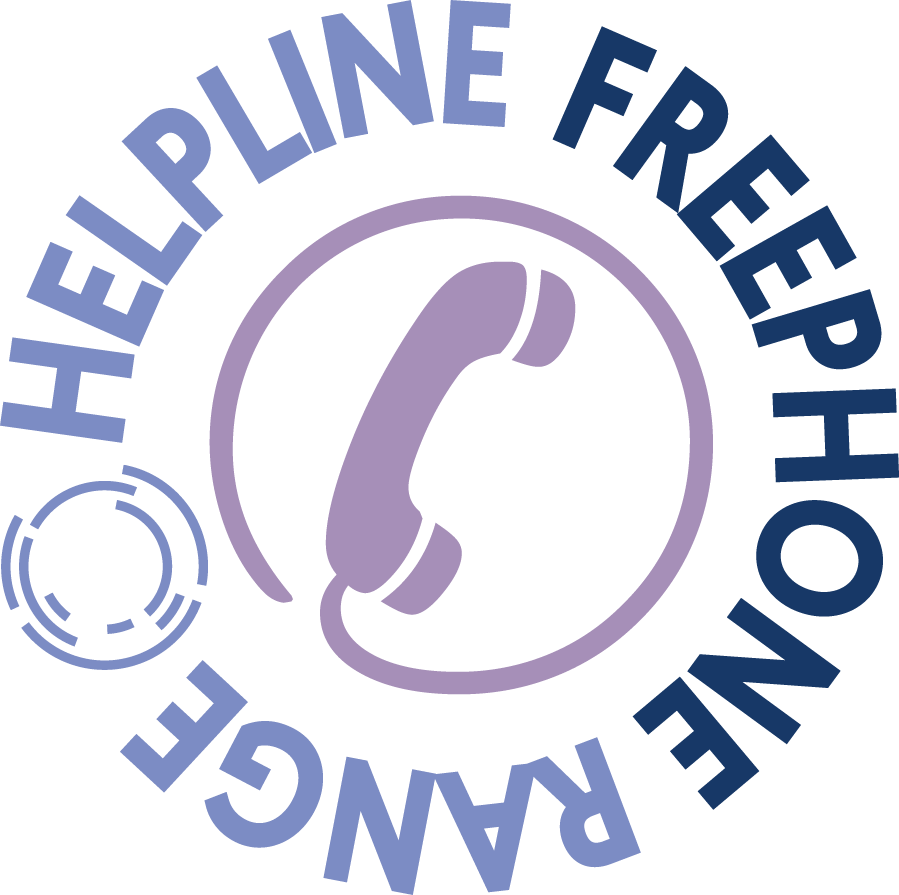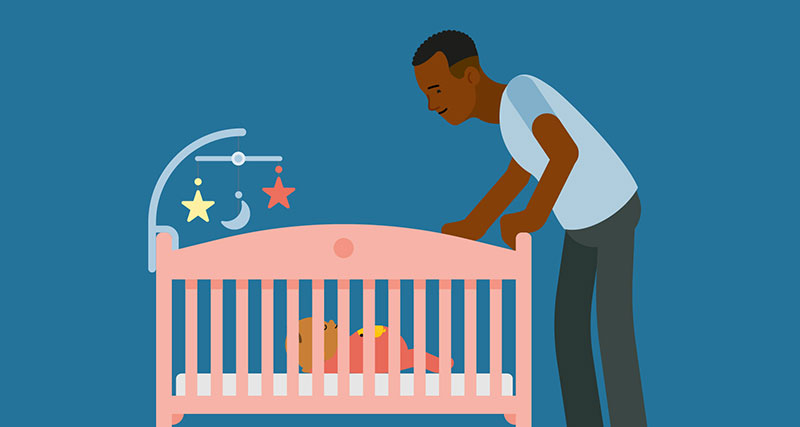
Sleep your baby on their back for all sleeps – day and night – as this can reduce the risk of SIDS by six times compared to sleeping them on their front.
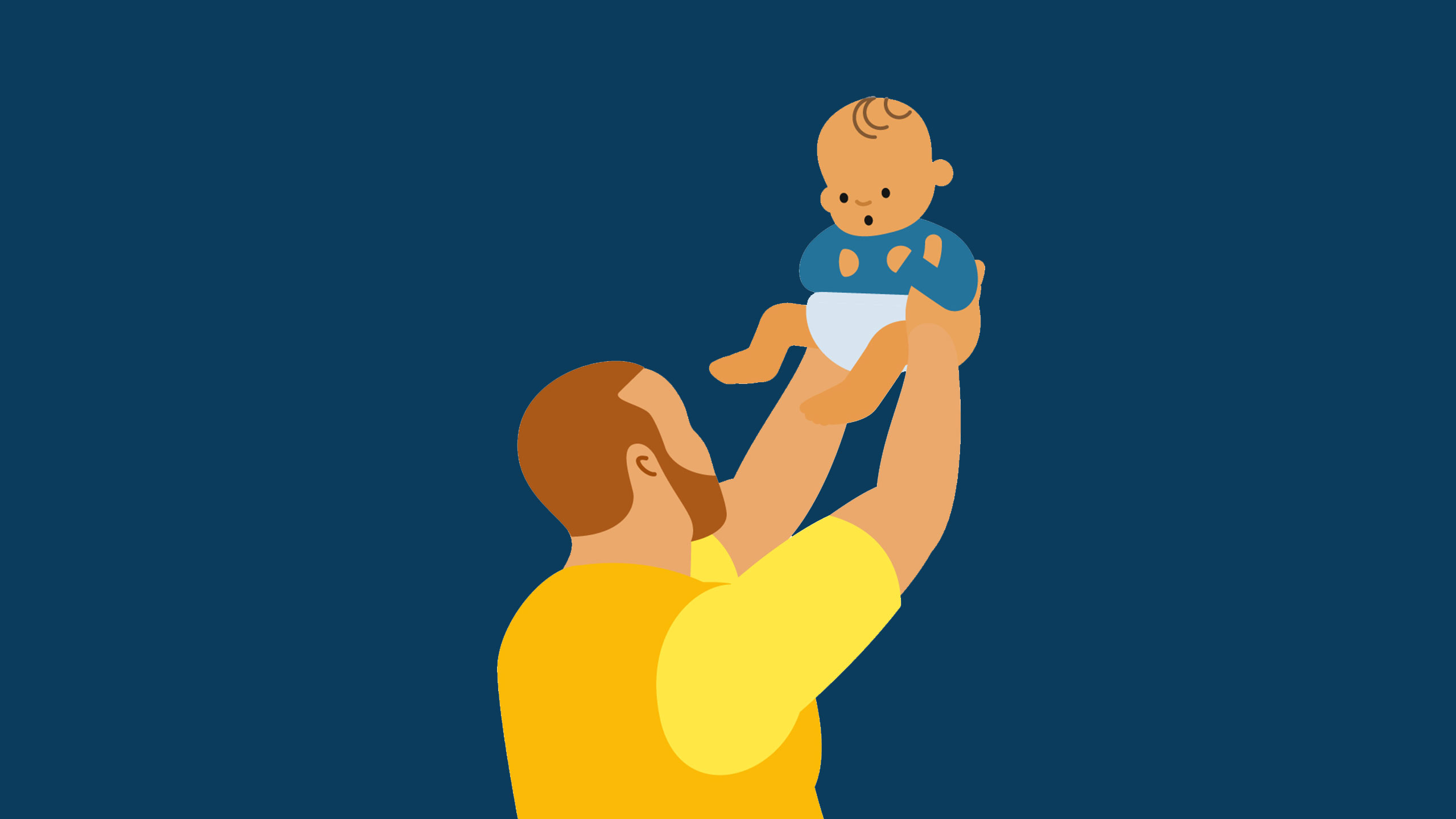
Dads play a key role in the care of their baby. A survey of over 500 dads by The Lullaby Trust revealed that only 32% of new and expectant dads have been given safer sleep information by a health professional so we have created this dedicated page filled with everything you need to know.
Sudden infant death syndrome (SIDS) is the sudden and unexpected death of a baby where no cause is found.
The sudden and unexpected death of a baby is usually referred to by professionals as ‘sudden unexpected death in infancy’ (SUDI) if under 12 months of age or ‘sudden unexpected death in childhood’ (SUDC), if the baby was over 12 months old. The death of a baby which is unexpected is also sometimes referred to as ‘sudden infant death.’
While SIDS is rare, it can still happen and there are steps you can take to help reduce the risk for your baby.
Here are some key things to think about, plan and do when your new baby arrives to help you navigate parenthood with confidence during the first 12 months.
You can reduce the risks of SIDS occurring by following our ABC safer sleep advice:
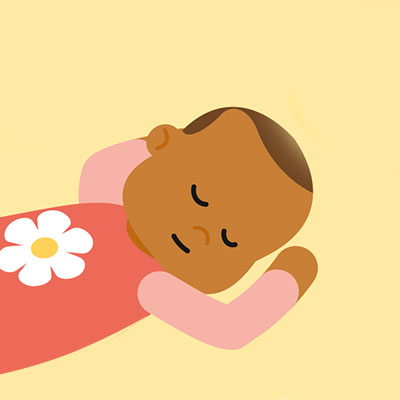
(A)
ALWAYS sleep your baby...
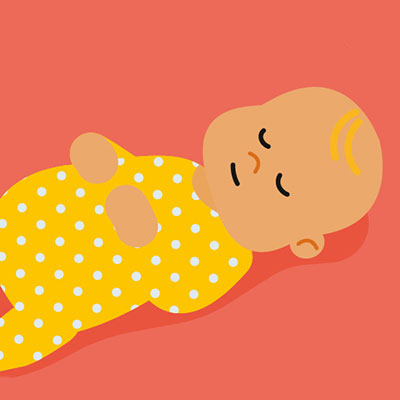
(B)
on their BACK...
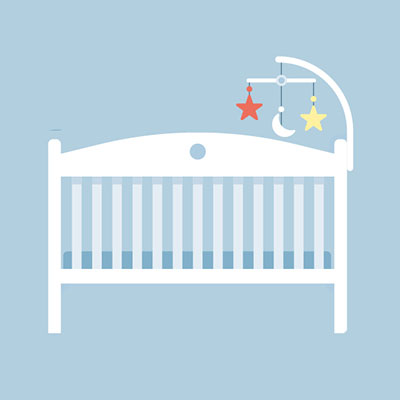
(C)
in a CLEAR cot or sleep space

Sleep your baby on their back for all sleeps – day and night – as this can reduce the risk of SIDS by six times compared to sleeping them on their front.
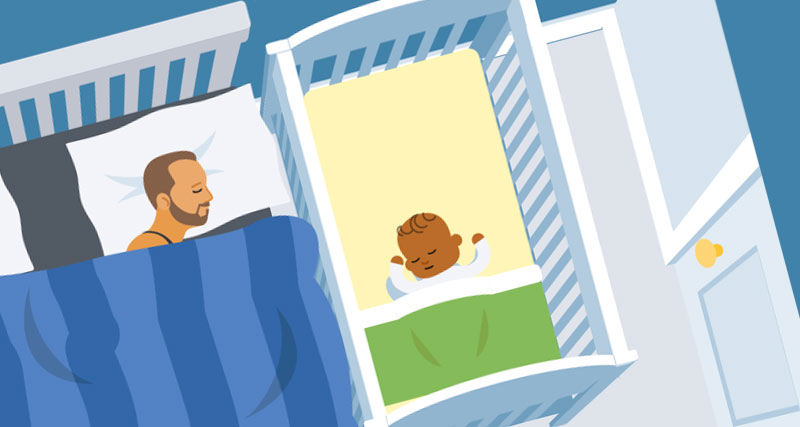
Share a room with your baby for the first six months – this can halve the risk of SIDS.
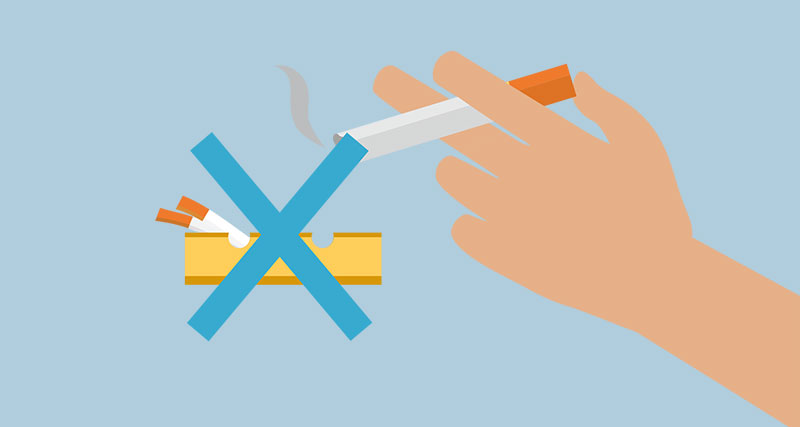
Keep your baby smoke-free during pregnancy and after birth. Around 60% of SIDS cases could be avoided if no baby was exposed to smoke during or after pregnancy.
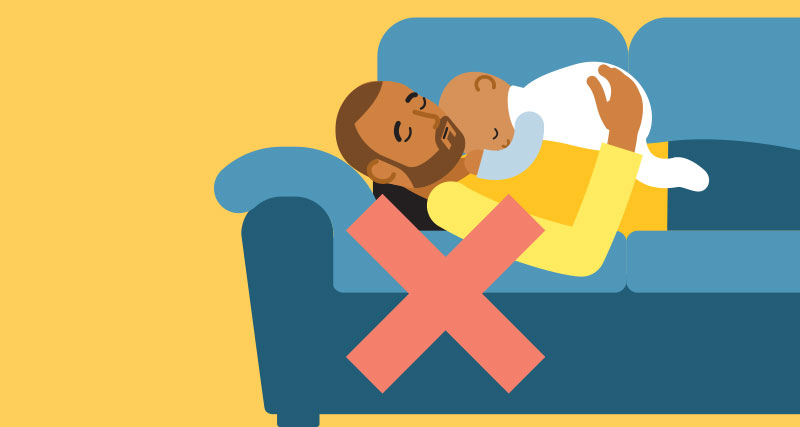
Never sleep on a sofa or armchair with your baby as this can increase the risk of SIDS by 50 times.
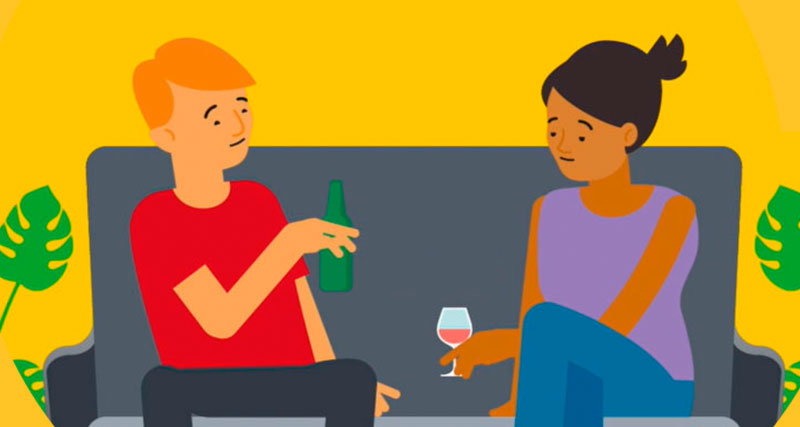
Do not co-sleep with your baby if you or your partner have drunk any amount of alcohol, smoke, or have been taking drugs or medication that may make you drowsy.
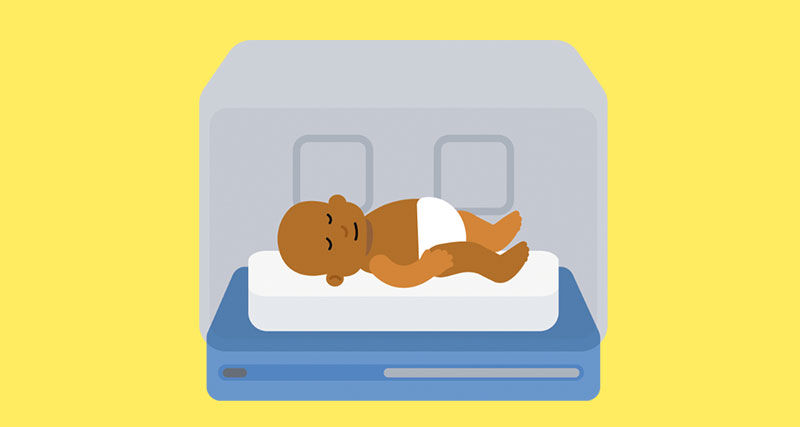
Our co-sleeping advice is especially important for babies who were born premature or of low birth weight, as these babies are at a higher risk of SIDS.
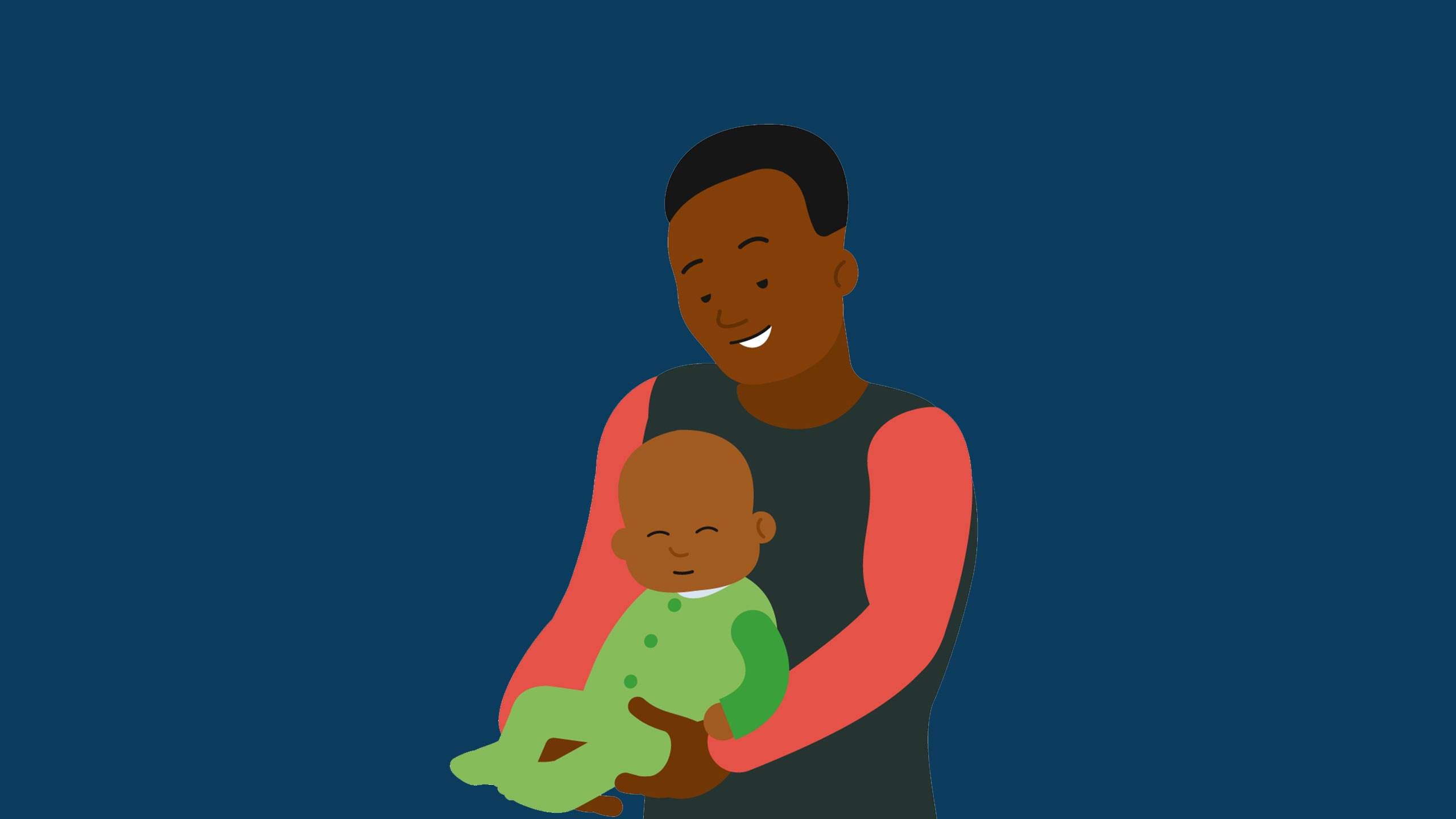
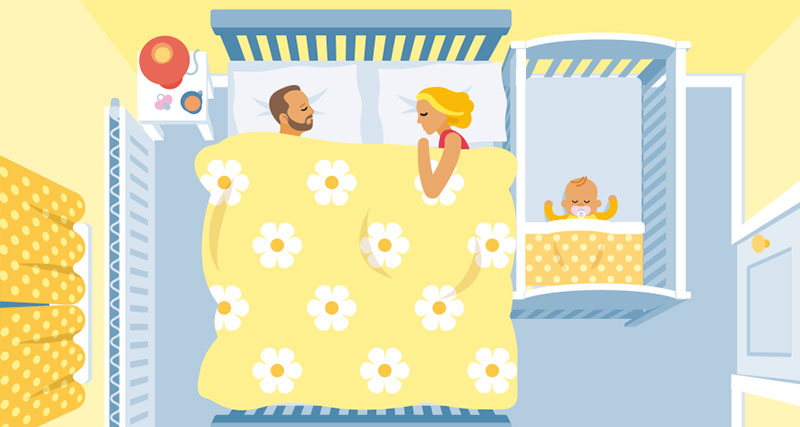
The safest place for your baby to sleep is in the same room with you for the first six months. The research that supports our safer sleep advice has found that the safest place for a baby to sleep is in their own clear, flat, separate sleep space, such as a cot or Moses basket.
Babies are at higher risk of SIDS if they have their heads covered, so keep baby’s cot clear of any items such as bumpers, toys and loose bedding. Unnecessary items in a baby’s cot can also increase the risk of accidents.
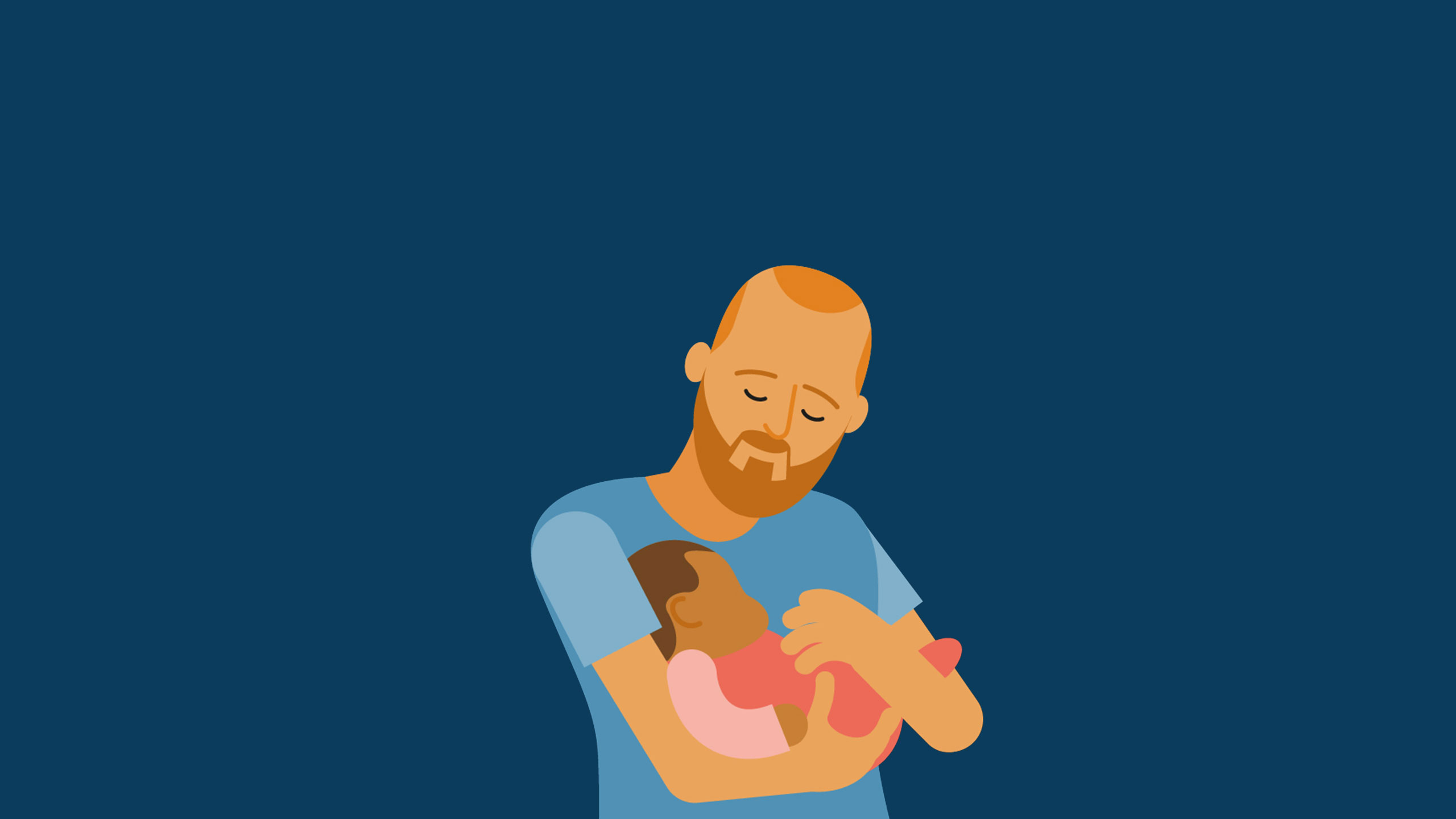
New parents now have a huge range of baby products to choose from which can be overwhelming. To help with this we have put together a product guide with information on how to choose the products or items your baby needs to reduce the chance of SIDS, what products you should avoid and what the marketing actually means!
Products your baby needs
> cot or Moses basket
> portable sleep space such as Moses basket, travel cot or carry cot
> mattress
> sleeping bag or sheets and a blanket
> room thermometer
> car seat
Products we advise against
> pods or nests
> pillows, duvets or thick heavy bedding
> cot bumpers
> hammocks
> sleep positioners
We encourage parents and carers to make sure that any product they buy meets the British Standard, particularly when buying a product over the internet. This guarantees a certain level of general safety (e.g., will not fall apart or set fire easily). You should also carefully follow the manufacturers’ instructions for any product you buy and contact the manufacturer directly with any questions.
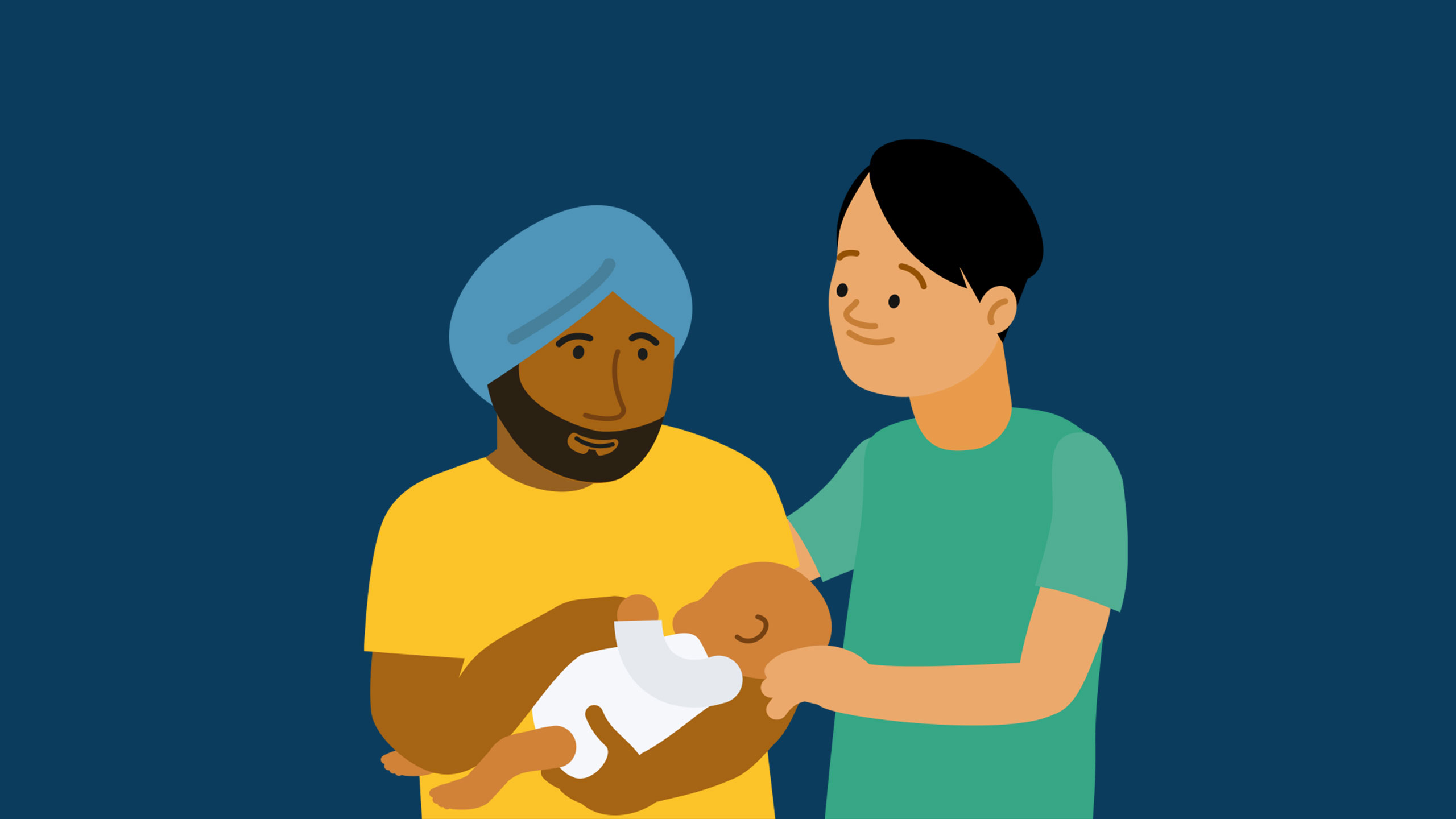
It is important to make sure that your baby’s room is a comfortable temperature – not too hot or too cold. A room temperature of 16-20°C with light bedding or a lightweight, well-fitting baby sleep bag, is comfortable for sleeping babies.
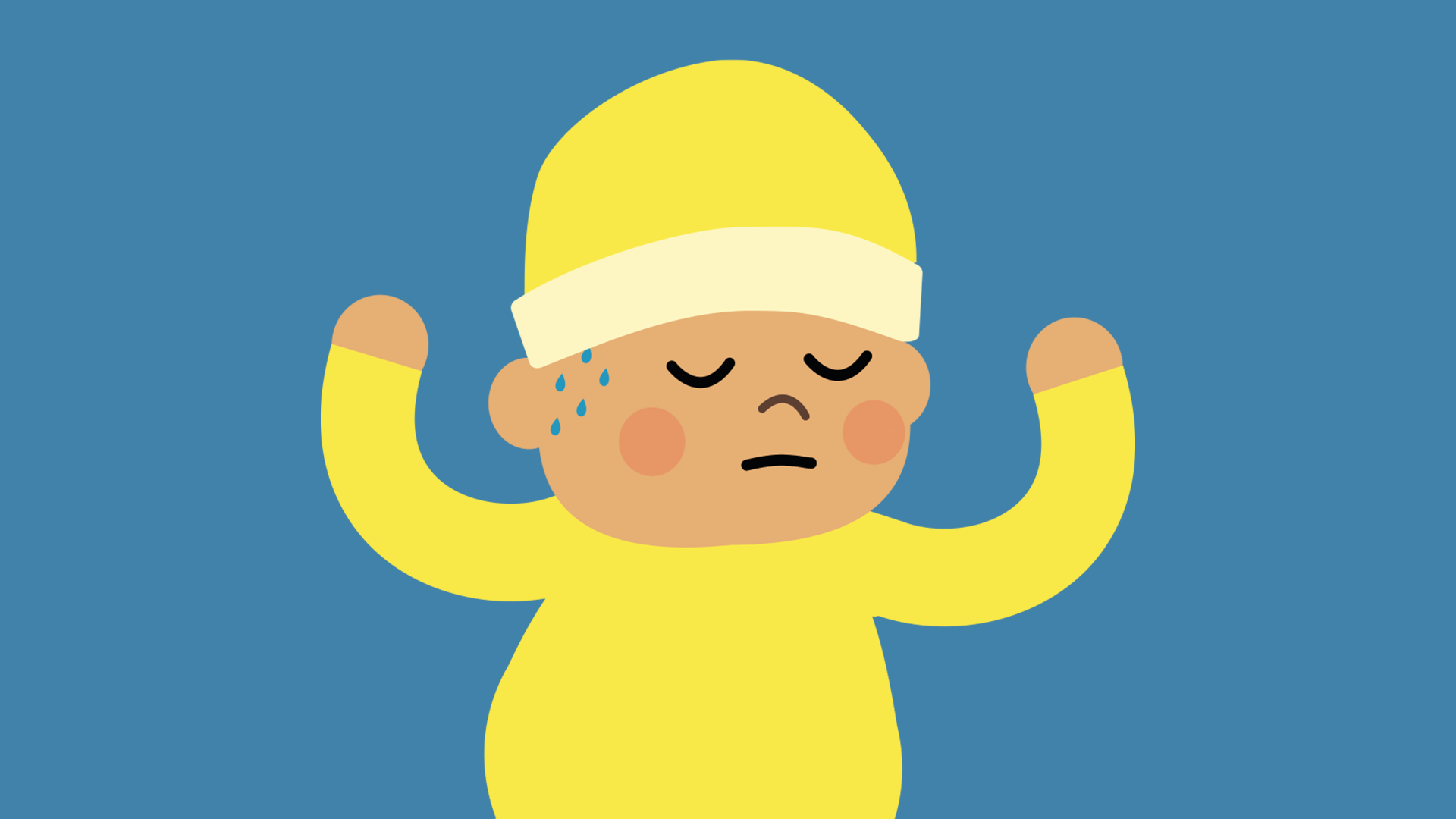
It can be difficult to judge the temperature in the room, so use a room thermometer in the rooms where your baby sleeps. A simple room thermometer is available to buy from our online shop.
Every baby is different and our advice on room temperature is intended as a guide. So, while it’s important to be informed about overheating, you need to check your baby regularly to see if they are too hot.

The best way to check on your baby’s temperature is by putting your hand on the skin on their chest or the back of their neck. Don’t use their hands or feet as a guide as they will always feel cooler than the rest of their body. If your baby is too hot you will feel the skin is hot, clammy or sweaty, and you will need to remove some layers.
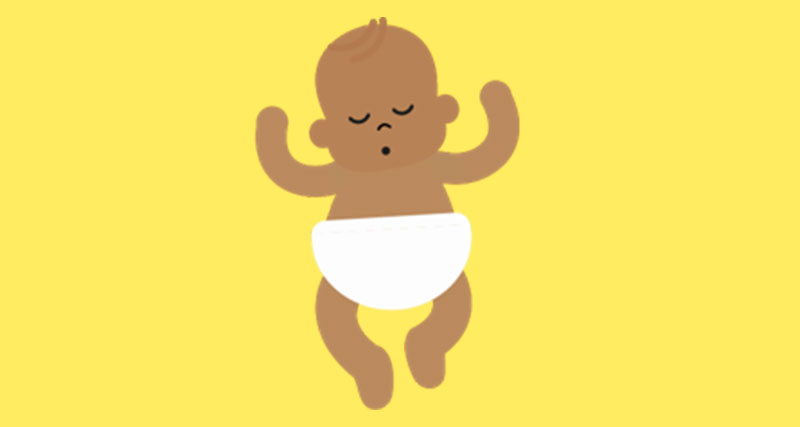
Babies who are unwell actually need fewer, not more bedclothes. If your baby is unwell, it is important that you put fewer layers on them so they have the opportunity to lower their body temperature – don’t feel tempted to wrap an unwell baby up more than usual.
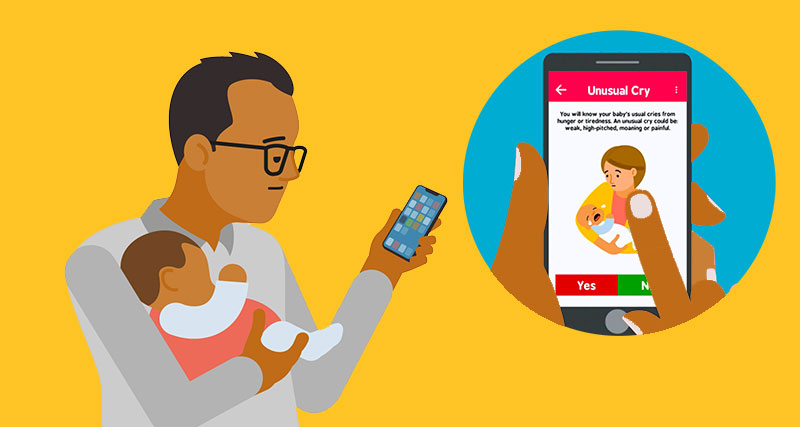
Our baby check app features 19 simple checks that you can do if your baby is showing signs of illness. The app will let you know if your baby needs to see a doctor or health professional. Download for FREE from Google Play or the App Store.
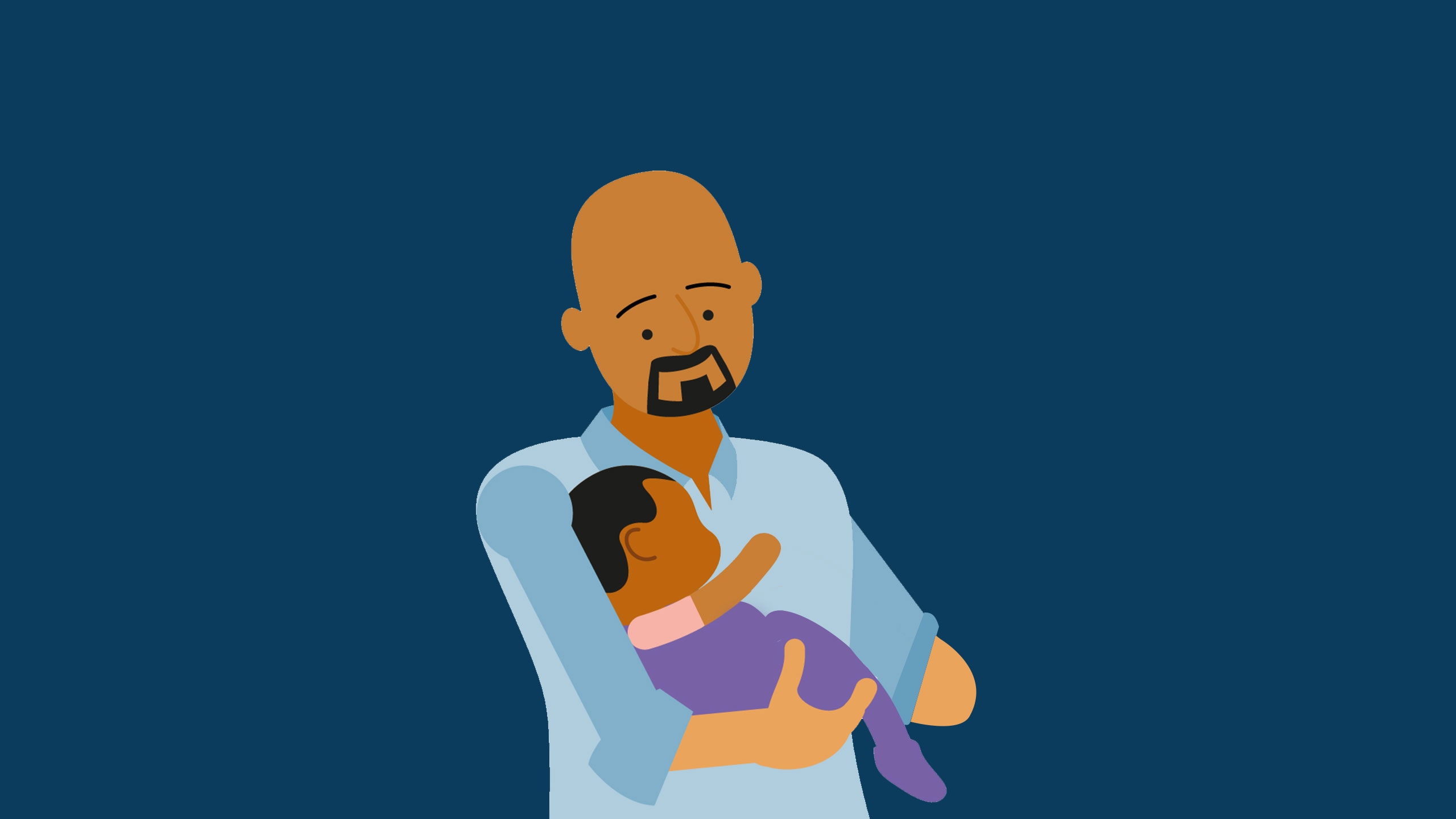
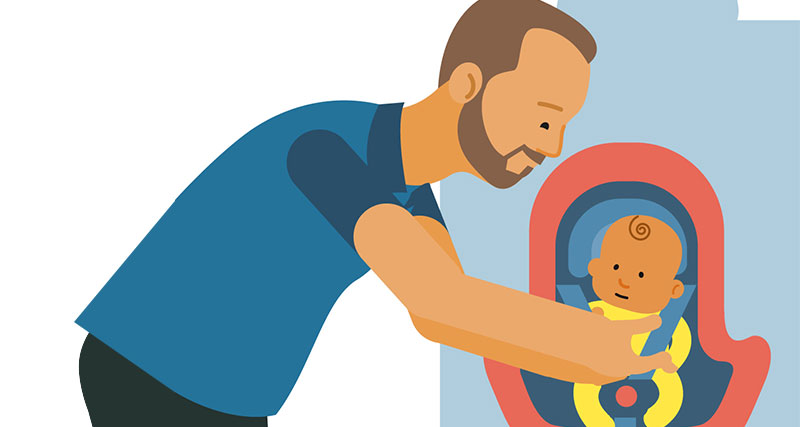
It is essential for safety that babies travel in a rearward-facing car seat. Rearward-facing seats provide greater protection for the baby’s head, neck and spine than forward-facing seats.
It is recommended that you avoid travelling in cars with pre-term and young babies for long distances. Research into the link between car seats and SIDS found young babies may be at risk of breathing difficulties if they travel while sitting in an upright position for too long.
Car seats should only be used for transport and not as an alternative for cots or high chairs. It’s OK for your baby to fall asleep in a car seat when travelling, but they should be taken out as soon as you get to your destination, and placed onto a firm, flat surface to sleep.
If your trip involves driving for long periods of time, you should stop for frequent breaks. This will allow you to check on your baby, take them out of the car seat and let them stretch and move around.
Visit our section on car seats and SIDS for more detailed information
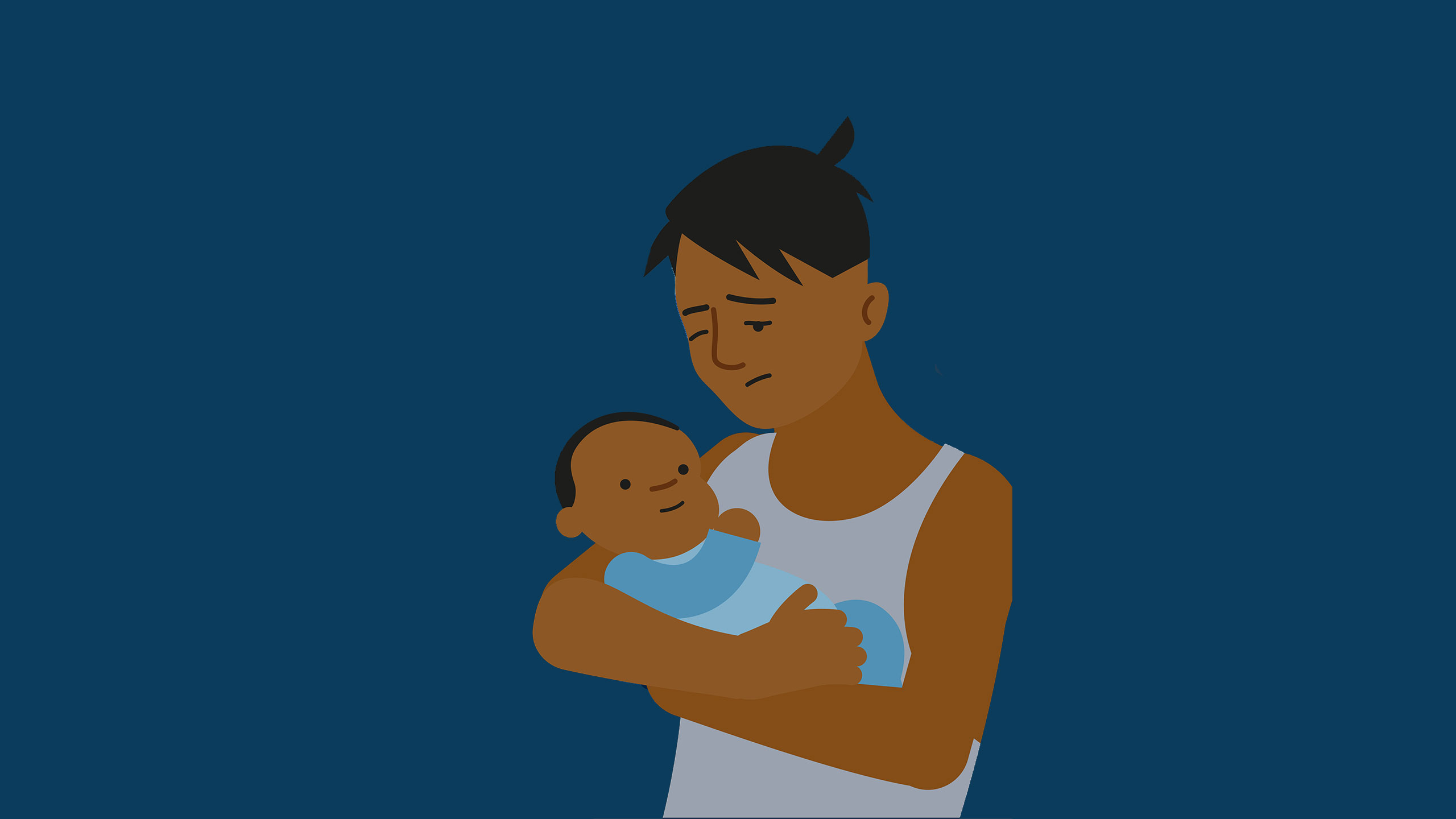
It can seem challenging to follow safer sleep advice when you are very tired. It might seem like everyone else’s babies sleep more than yours or you may worry that you are doing something wrong.
Following safer sleep advice for every sleep; day and night, is key to reducing the chance of SIDS. Unfortunately, for some babies, doing something different such as sleeping a baby on their tummy on one occasion can put them at increased risk.
It’s important to remember that all babies are different but it is normal for healthy babies to wake frequently during the night in their first few months of life. Newborn babies have very small stomachs and will wake frequently to feed.
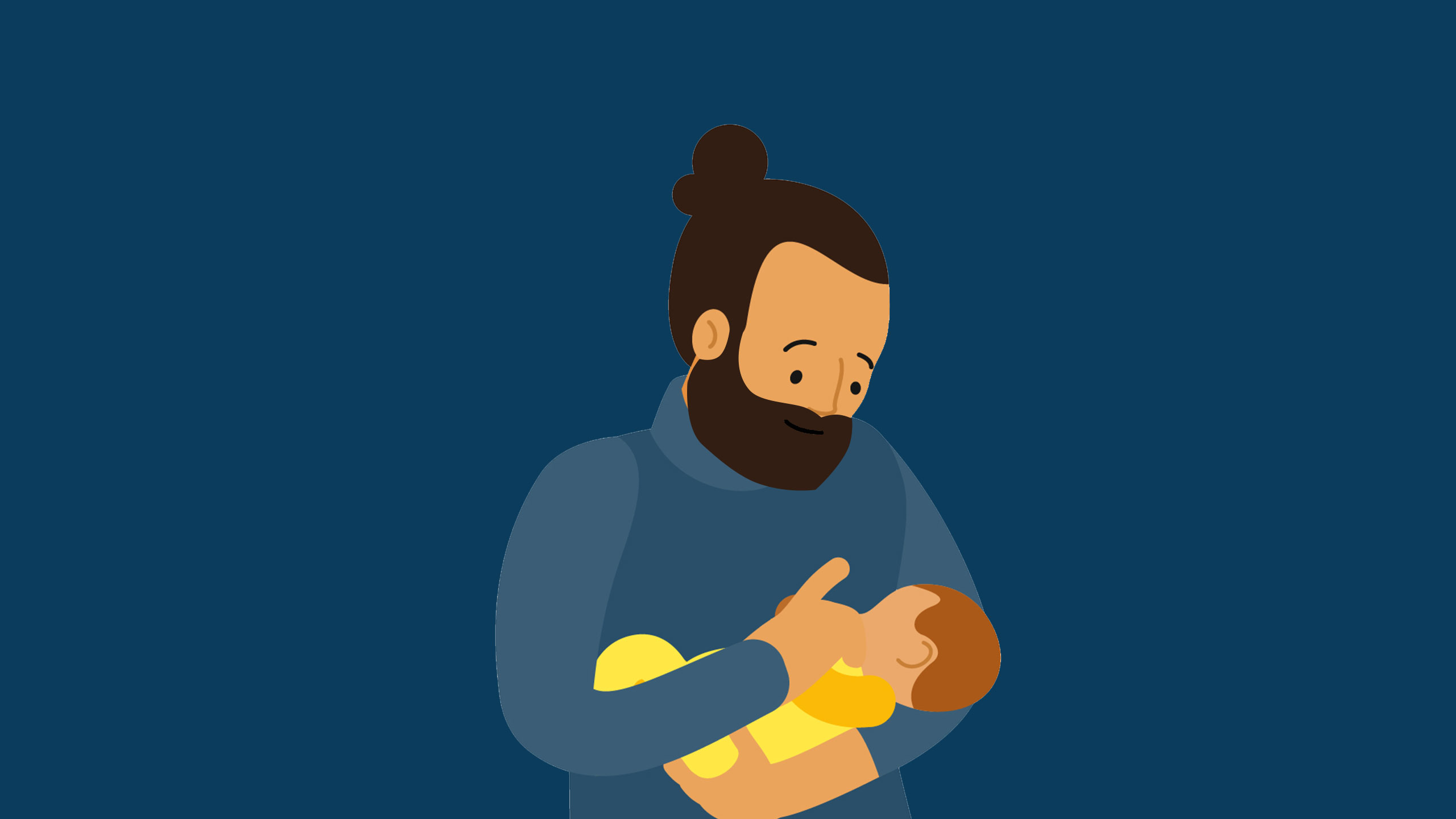
If you think you may fall asleep in bed with your baby you can help to prepare for this by making sure there will not be pillows or adult bedding near to baby and that pets or other children will not join you in bed. Remember that if you are a smoker, or you have consumed any alcohol or drugs, including medication which makes you drowsy, always plan for your baby to be in their own cot or Moses basket before you fall asleep.
Extreme tiredness can be very hard to manage. If you are struggling with lack of sleep it may help to reach out to others for support. Sometimes it can feel uncomfortable asking for help but we aren’t meant to do this alone and people are often willing to support you. If a trusted friend, family member or even a neighbour is able to watch the baby for an hour or so while you catch up on sleep, it can make a real difference.
For more advice on safer sleep click here
Visit the Basis website for more advice on normal baby sleep.
